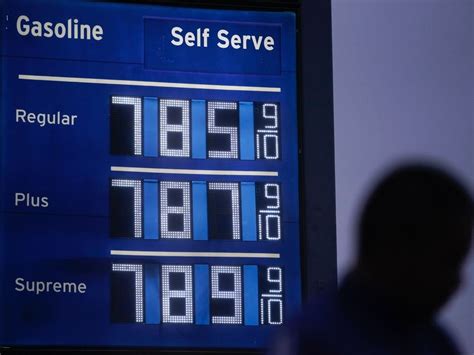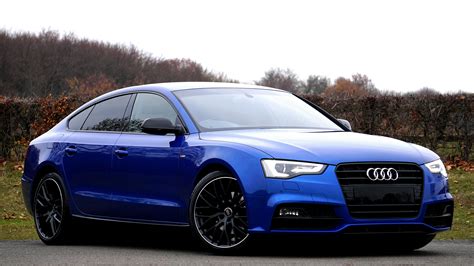The Premium Fuel Dilemma: Performance or Ploy?
It’s a common conundrum at the gas pump: should you opt for the more expensive premium fuel, hoping to unlock hidden performance from your vehicle, or stick with regular unleaded? The allure of ‘premium’ suggests superiority, but for many drivers, pouring higher-octane fuel into their tank is simply pouring money down the drain. Understanding the true purpose of premium gas, and whether your car actually needs it, is key to making an informed decision.

Understanding Octane Ratings
The primary difference between regular (typically 87 octane) and premium (typically 91-93 octane) gasoline is its octane rating. Octane is not a measure of energy content or power; rather, it’s a measure of fuel’s resistance to premature ignition, also known as ‘engine knock’ or ‘pinging’. In simpler terms, higher octane fuel can withstand more compression before spontaneously combusting. This resistance is crucial for certain engine designs.
Engines Designed for Higher Octane
Modern engines are highly sophisticated, equipped with sensors that can detect pre-ignition. When knocking occurs, the engine’s computer (ECU) retards the ignition timing to prevent damage. This adjustment reduces power and fuel efficiency. Here’s where premium fuel comes into play:
-
High-Compression Engines: Many sports cars, luxury vehicles, and high-performance cars feature engines with high compression ratios. These engines are designed to squeeze the air-fuel mixture more aggressively for greater power output, making them susceptible to knocking if lower-octane fuel is used.
-
Forced Induction Systems: Vehicles with turbochargers or superchargers compress air before it enters the engine. This increased pressure also raises the temperature inside the cylinders, increasing the likelihood of pre-ignition. Premium fuel provides the necessary knock resistance for these systems to operate optimally.
-
Manufacturer Recommendation vs. Requirement: Some manufacturers require premium fuel, meaning using regular gas can lead to performance loss and potentially long-term engine damage. Others merely recommend it, suggesting that while premium might offer a slight performance boost, regular gas will not harm the engine.

The Myth of Universal Performance Boost
One of the biggest misconceptions is that higher octane gas will automatically make any car faster, more powerful, or more fuel-efficient. This is generally false for vehicles not specifically designed for premium fuel. If your car’s owner’s manual specifies regular 87 octane gasoline, using premium will offer no discernible benefit.
Your engine’s computer is calibrated for the recommended fuel. Pouring in higher-octane gas than necessary simply means the fuel isn’t being utilized to its full anti-knock potential, as the engine isn’t compressing it to a degree that would cause 87 octane to pre-ignite. You’re essentially paying more for a benefit your engine can’t leverage.

When Premium Might Be a Waste of Money
For the vast majority of mainstream cars, trucks, and SUVs that are designed to run on regular unleaded, buying premium fuel is purely a financial decision with no performance upside. The extra cost per gallon adds up significantly over time, draining your wallet without providing any measurable improvement in horsepower, acceleration, or miles per gallon. Furthermore, premium gasoline does not inherently clean your engine better or extend its lifespan beyond what regular fuel with appropriate detergents would.

The Bottom Line: Consult Your Owner’s Manual
The definitive answer to whether premium gas is necessary for your car lies in one place: your vehicle’s owner’s manual. Look for the fuel requirements section. If it states that 87 octane is recommended or required, stick with that. If it explicitly states 91 or higher octane is required, then spending the extra money is essential for your engine’s health and optimal performance. For vehicles where premium is merely ‘recommended’, you might experiment to see if you notice a difference, but typically, the gains are negligible for everyday driving.
In most cases, premium gas is a specialized fuel for specialized engines. For the average driver, it’s nothing more than an expensive placebo, making your wallet lighter without making your car any faster.





